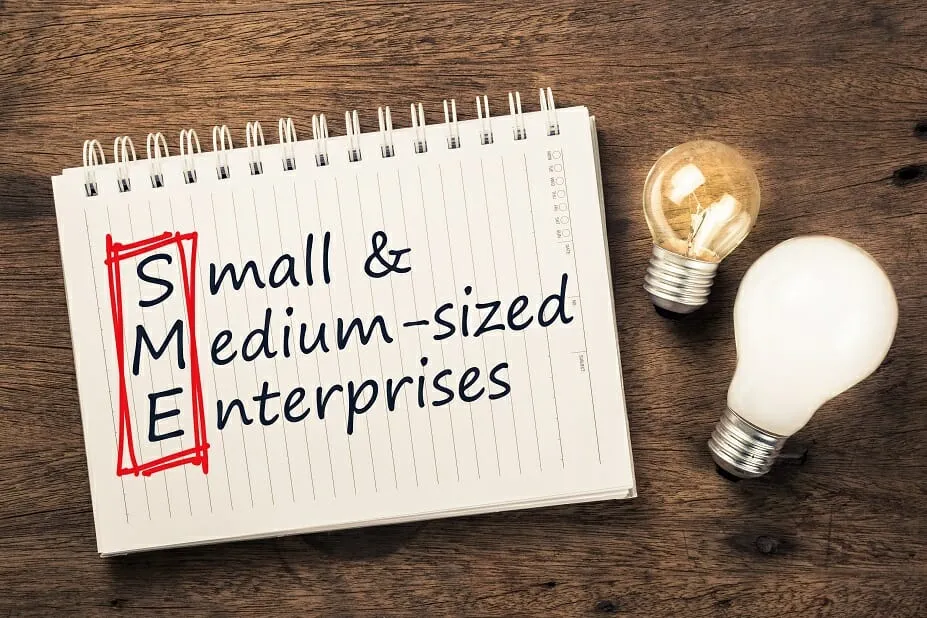We can assist professionally to do the registrations of FATCA & CRS with relevant government authorities and carry out the annual return filing compliance for your company.
A brief information about both the compliances are as follows-
FATCA COMPLIANCE
The Foreign Account Tax Compliance Act (FATCA) was enacted by the US to target non-compliance with the US tax laws by US persons using non-US accounts
FATCA is a US law which requires all Financial Institutions outside of US, also known as Foreign Financial Institutions (FFIs), to regularly submit information on financial accounts held by US persons to the US tax authorities. The US intent of FATCA is to deter and detect US tax evasion through the use of Foreign Financial Accounts. The reporting obligations under FATCA covers any non-US entities like banks and other financial institutions including individuals and Portfolio Management Companies.
If you run a Variable Capital Company or an Investment Holding Family Office, you are required to do FATCA and CRS registrations for compliance.
The Singapore Financial Institutions will need to perform due diligence checks to identify Financial Accounts held by US persons (as defined) and to report to IRAS Singapore, as the Singapore government has entered into an intergovernmental agreement to collect information for submission to US tax authorities. Initial registration of FATCA has to be done directly with US tax authorities and for Singapore tax resident companies, they can submit annual returns to the Singapore Tax Authorities for compliance. (Singapore has signed with US for Model 1 Intergovernmental Agreement for compliance) as mentioned earlier.
CRS COMPLIANACE
CRS is the internationally agreed standard endorsed by the Organization of Economic Cooperation and Development (OECD) for the exchange of financial account information. It is the new information-gathering and reporting requirement for Financial Institutions in participating countries/jurisdictions, to help fight against tax evasion and protect the integrity of tax systems. It has been designed to prevent offshore tax evasion. All foreign investments handled by a Financial Institution becomes a subject to a CRS report.
The CRS required financial Institutions in a jurisdiction to report to their tax administration the financial accounts held by non-resident individuals and entities or certain entities controlled by non-resident individuals.
If you are a tax resident in a country with which Singapore has signed a Competent Authority Agreement, we will have to disclose your account information to the Inland Authority of Singapore. A person is only reported under the CRS regulations when they are identified as being tax resident in a Reportable Country and hold Financial Assets of their country which includes the following-
- Depository Account
- Custodial Account
- Equity or Debt interest in Investment entities.
- Cash Value Insurance Contract
- Annuity Contract
It covers accounts held by individuals and entities, including businesses, trusts and foundations. Not just banks, but broker-dealers, investment funds and insurance companies are also required to report.
Financial Accounts that are subject to review and possible review are –
- Bank accounts
- Holdings in mutual funds and similar investments
- Brokerage and custodial accounts
- Annuity contracts (including segregated fund contracts)
- Life Insurance Policies and cash value













